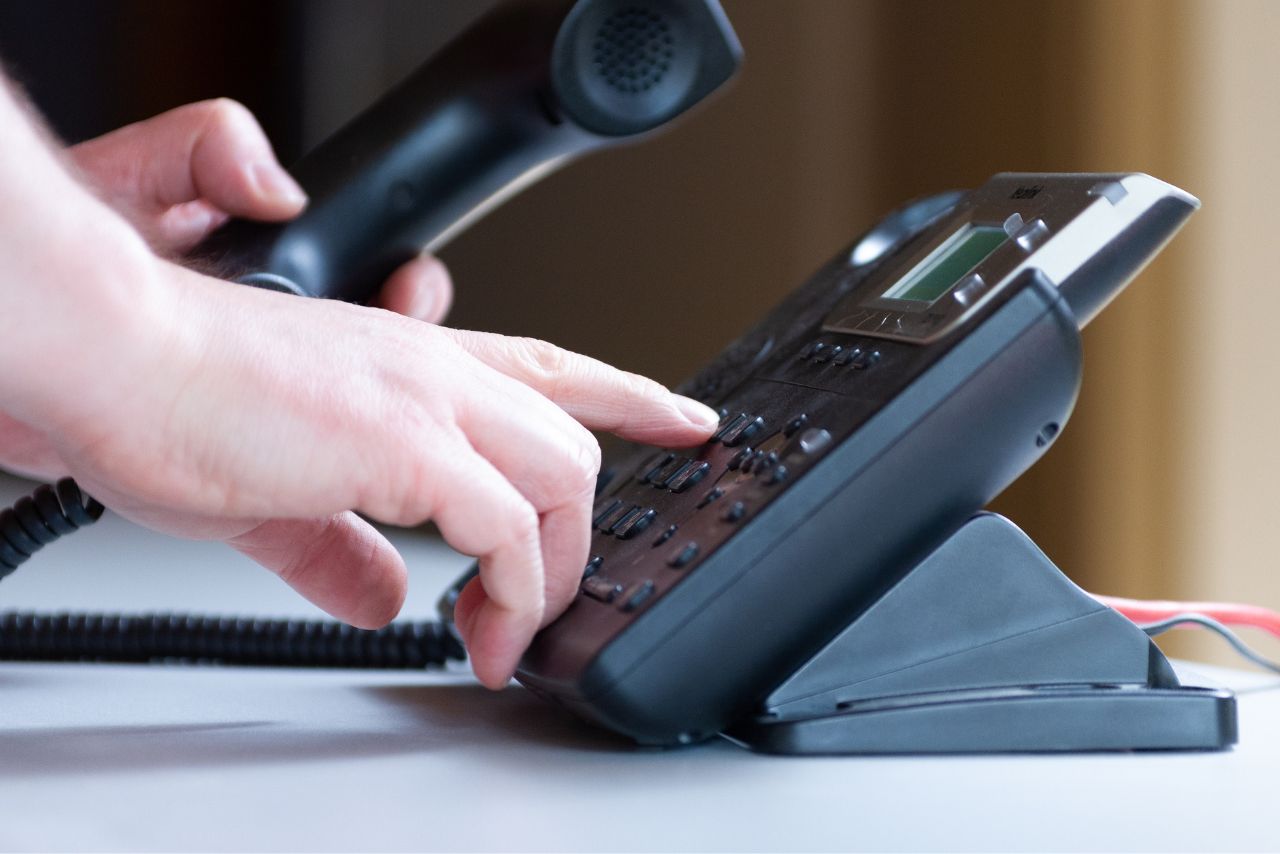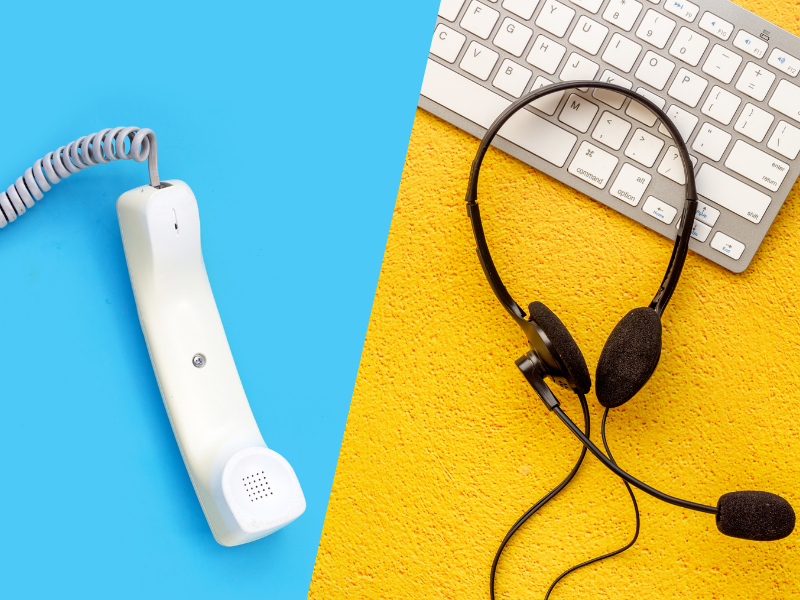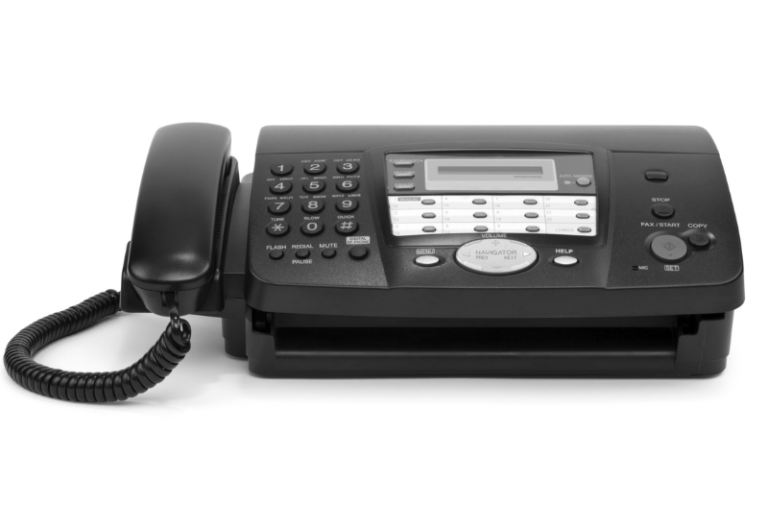Choosing a business communication system requires careful consideration. After all, it is the backbone for establishing seamless and effective communication. Its absence can even lead to delays and missed opportunities.
In the business world, you can either choose between PBX and VoIP. So, how do you know which system would suit your business better? The best way to do so is to learn how these two systems differ and the key features distinguishing the former from the latter.
Table of Contents

What’s the Difference Between VoIP and PBX?
The difference between VoIP and PBX is their nature and function. VoIP or Voice over Internet Protocol uses the Internet or local area networks (LAN) to transmit voice data. It converts voice signals into digital packets and transmits them over IP networks.
On the other hand, a private branch exchange (PBX) is a telephone system organizations use to make internal or external phone calls. It can use various technologies, including analog phone lines, digital phone lines, or Voice over Internet Protocol (VoIP).
As defined above, PBX systems can use VoIP. Many online articles will tell you that PBX systems only use physical phone lines, while VoIP technology uses the Internet. But this is only partly true. Modern PBX systems can also utilize the Voice over IP technology to make and receive voice calls. It’s what modern businesses often refer to as Virtual PBX or hybrid PBX.
Comparing PBX and VoIP
Here’s a detailed comparison of PBX VoIP:
The Nature of VoIP vs PBX
VoIP is a technology that transmits voice and data over IP networks, such as the Internet or LAN. It converts analog audio signals and sends them through IP networks in data packets.
Meanwhile, PBX refers to a phone system that organizations use to make external or internal phone calls. It manages incoming and outgoing calls with features like voicemail, call forwarding, and conferencing. PBX systems can also use different technologies (analog, digital, or VoIP) to make calls.
Function of VoIP vs PBX
VoIP’s purpose is to transmit voice data over IP networks. This technology has different applications, including phone systems (i.e., VoIP PBX), voice conferencing, and multimedia communication. Compared to analog phones, VoIP systems require less hardware and are easy to set up, making them a more budget-friendly option for businesses.
PBX is a communication system that manages phone calls in organizations. It has features like call waiting, call routing, and extensions. PBX systems may or may not incorporate VoIP technology. Their main function is to provide call management features within an organization.

Different Types of PBX Systems
Here’s a simple definition of the various PBX systems to better understand the difference between PBX and VoIP.
- Traditional PBX systems rely on physical infrastructure and analog phone lines. They offer basic calling features like call forwarding, voicemail, and conferencing.
- Digital PBX systems use digital phone lines with traditional PBX systems. Digital phone lines convert analog signals to digital format, allowing analog phones to communicate with digital devices and improving call quality. It’s possible to integrate VoIP technology into a digital PBX by using the right devices. This allows organizations to use their existing digital PBX while taking advantage of the benefits of VoIP technology.
- Virtual or hybrid PBX uses Voice over IP technology but is deployed on-premise, using a combination of hardware and software. Hardware includes IP phones, VoIP gateways, and servers. The PBX software manages call features such as call routing, voicemail, and auto-attendant.
- Cloud PBX also uses the same technology as VoIP PBX, but what sets it apart is that it uses a third-party service provider to manage or host its business phone system.

Choosing Between VoIP and PBX: How to Pick the Right One?
The need for a PBX system ultimately depends on what your business needs to make and manage calls better. A softphone like Viber, Slack, or Skype would suffice, especially if your team only requires basic calling and messaging features.
A VoIP PBX with more advanced communication features is best for businesses that require robust call management functionalities like automated call routing and conference calling.
Whether you need a VoIP or PBX depends on the following factors:
How big is your business?
Small businesses or individual professionals may find a PBX to be overkill. If you only need to make a few phone calls per month, then you can use a simple VoIP solution that can handle calls. Larger businesses in multiple locations or that handle large call volumes may require call management features offered by a PBX.
What calling features do you need?
Do you require basic calling only, or do you need features such as voicemail, call forwarding, auto-attendant, and app integration? Simple VoIP solutions offer various features, but if your business requires advanced call management capabilities, a PBX system is more suitable.
Your existing IT infrastructure
If you have invested in an analog PBX system and have reliable internet connectivity, upgrading to a VoIP PBX can translate to substantial cost savings. Several service providers offer adaptors that convert existing physical hardware to VoIP-enabled devices.
Know the Difference Between PBX and VoIP
In summary, a PBX is a business-grade telephone system that enables calls outside and within an organization across different departments. VoIP refers to the technology used to facilitate call transmissions over the Internet, usually through computers and specialized VoIP hardware.
Knowing these differences can help you come up with a well-informed decision about which business communication system would suit your company best. Of course, that’s on top of considering other critical factors, such as your company’s budget and scalability plans.







